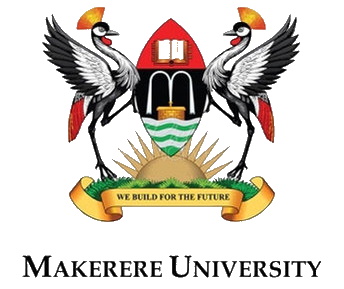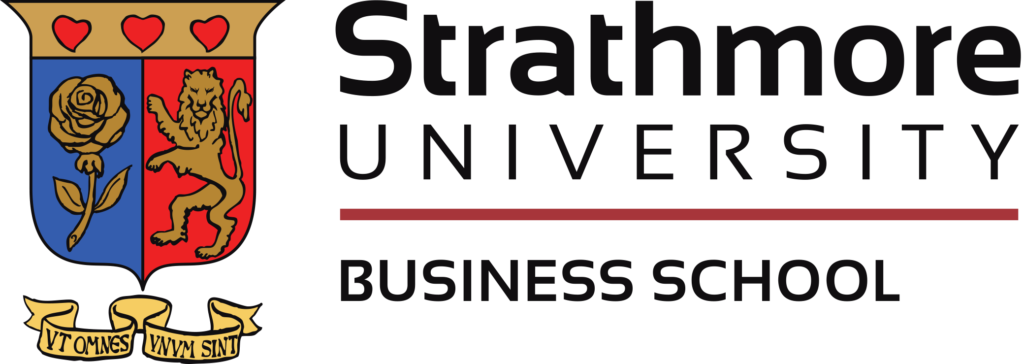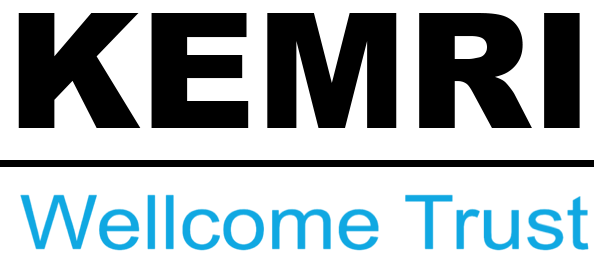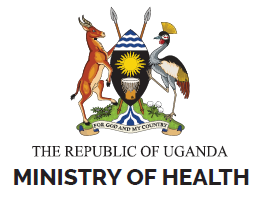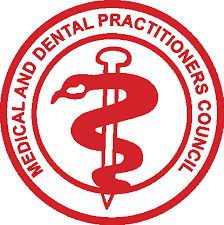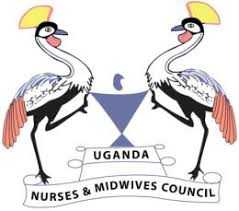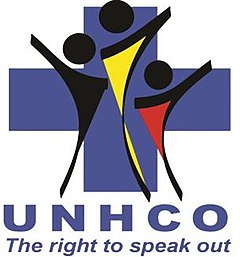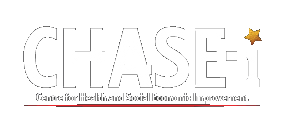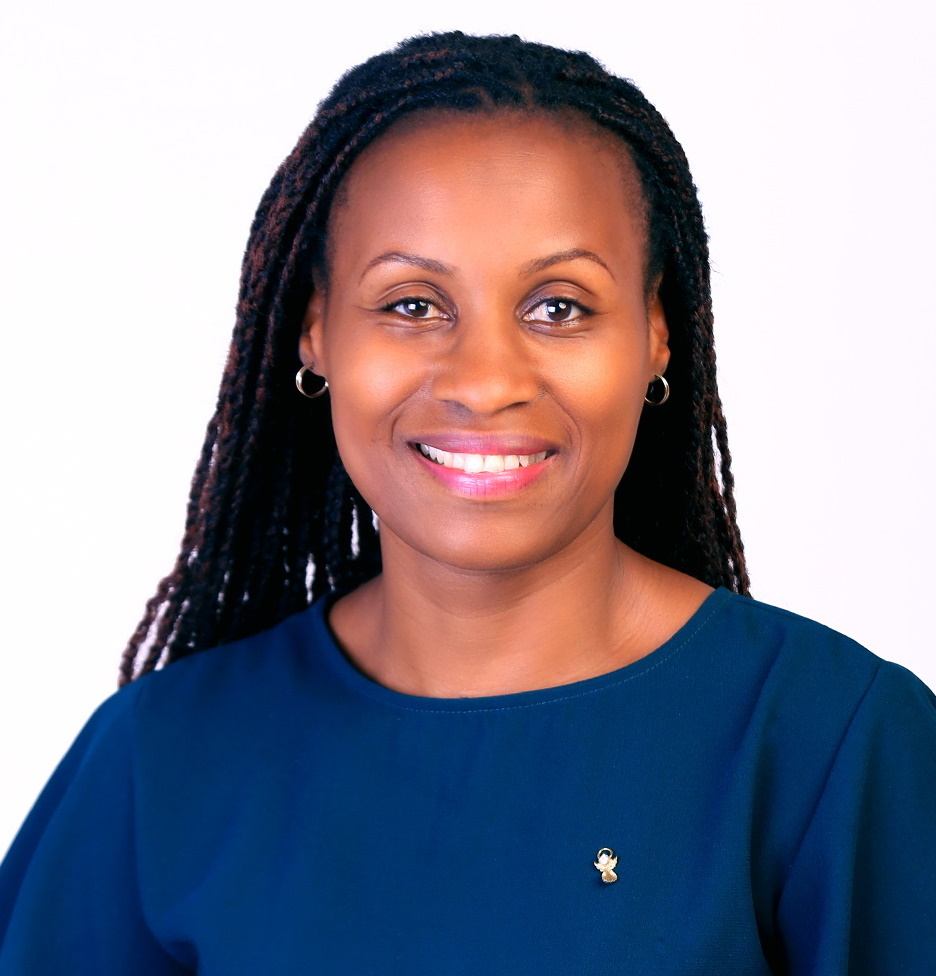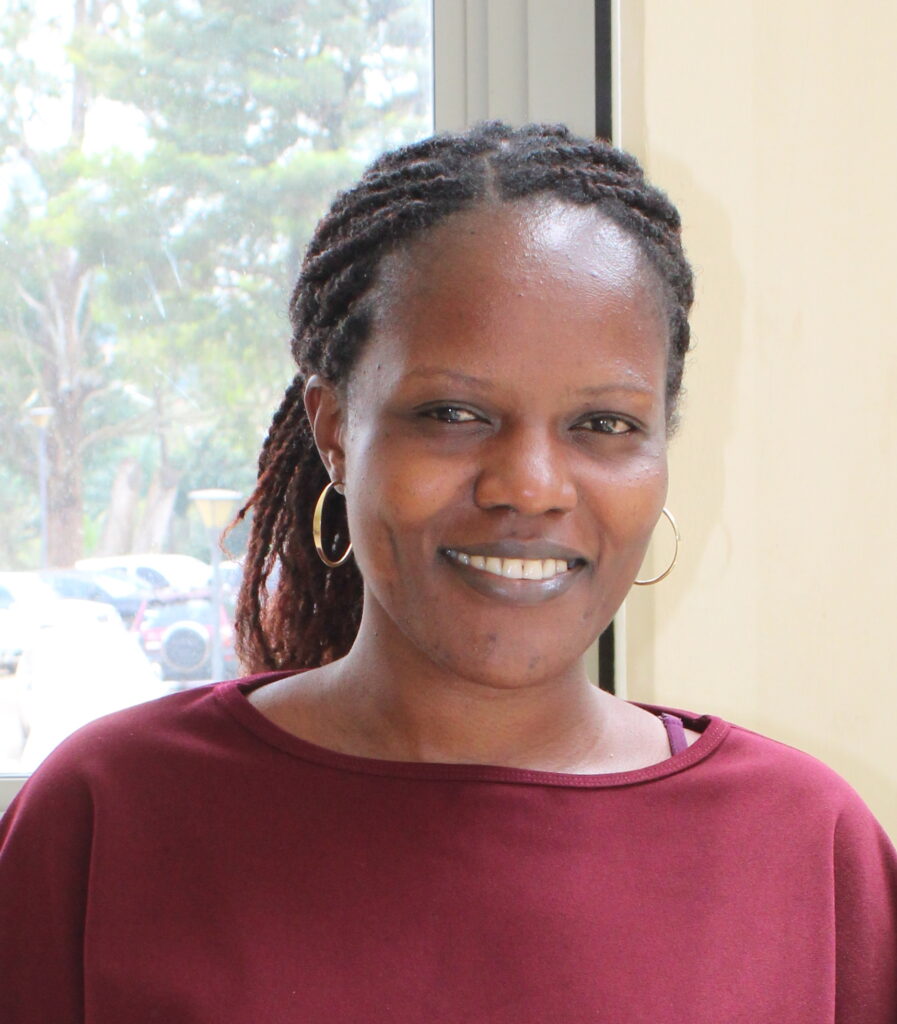Regulation
Strengthening Health Professional Regulation in Uganda and Kenya: A Foundational Study
Research Question: How does health professional regulation operate and affect healthcare in Low and Middle-Income Countries?
This is a 2-year pilot study on regulation in Kenya and Uganda that aimed to map the regulatory landscape for health professionals in both countries. Regulation of healthcare professionals is key to achieving good health and wellbeing and achieving Universal Health Coverage (UHC). A functional regulatory framework is critical to strengthening accountability systems for healthcare quality improvement, ensuring patient safety, improving population access to quality health services, supporting health professionals and strengthening health systems.
The Problem: Regulation is a key challenge for health policy and achieving UN sustainable development goals relating to good health and providing high quality universal health coverage in LMICs. While regulation can enhance healthcare quality and safety, the limited research on healthcare regulation in LMICs suggests it is often unenforced or ineffective due to inadequate regulatory resources, instruments or staff capacity, corruption and regulatory capture. At the same time, clinical mistakes and malpractice appear to be rife, threatening to undermine the sustainability of healthcare systems. Improving health regulation in LMICs can help address these problems, so there is urgent need to understand how to do so. A significant barrier to improving professional regulation in LMIC health care is lack of evidence about how it occurs. This study is therefore timely as it contributes to filling this gap – the limited evidence on how regulation works or affects clinical practice in LMICs like Uganda and Kenya. Our study sought to explore and document the current status and processes involved in health professional regulation including; the development of standards and how they are communicated to professionals; the granting of licences and their verification; constraints to regulation; perceptions and response to regulation by the professionals, compliance among other issues.
Research Strategy: We conducted empirical research using a mixed methods approach. We ‘mapped’ the regulatory territory in Uganda and Kenya, examining how regulation for doctors and nurses/midwives works in practice. For example, how are regulation and regulatory standards for doctors and nurses/midwives developed and their purpose communicated to these professionals? How are licenses granted, renewed, verified and which professionals are licensed (or not)? What are the risks within these processes and constraints for the regulators? What evidence is there of regulatory corruption? How do clinicians perceive and respond to professional regulation, regulatory bodies and standards? To what extent do they report compliance? How do they think regulation might be improved? Are there ways of developing user-friendly regulation processes (e.g. via information and communication technologies)?
We also considered how health professional regulation might address emerging challenges in the Ugandan and Kenyan health systems (such as upholding distinct professional standards while enabling inter-professional collaboration and service delivery, task-shifting and task-sharing, devolution of healthcare services, blurring public-private sectors, achieving SDGs and equal provision of high quality UHC). How might professional regulation provide an external quality assurance mechanism or support professional development and facility-driven quality improvement? We also analysed how local and national contexts support or undermine implementation of better regulation.
Study Outcomes: We provided, and continue to provide, evidence that can help regulators and policymakers to implement regulatory improvements, which would, in turn, enhance health systems and patient care. We seek to impact regulatory policy in Kenya and Uganda. We are doing this by closely engaging and sharing findings with regulatory stakeholders (including the members of our advisory board). Then, in collaboration with regulators and based on our findings, we aim to develop a larger research project piloting and evaluating regulatory interventions. While our empirical research is focused on Kenya and Uganda, regulators in other LMICs may also be able to learn from generalisable findings from this study.
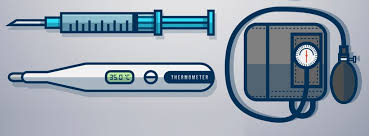
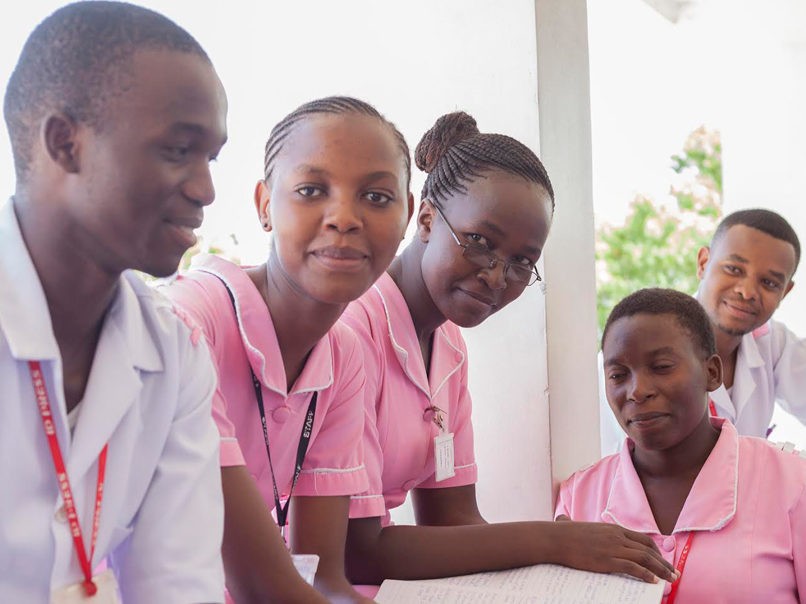
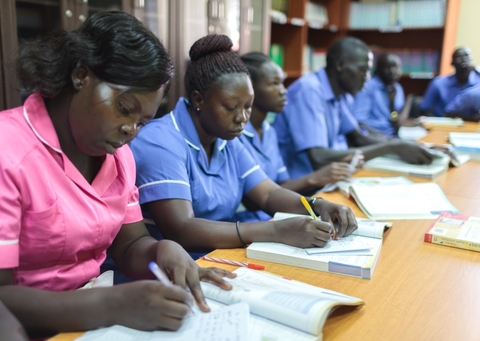
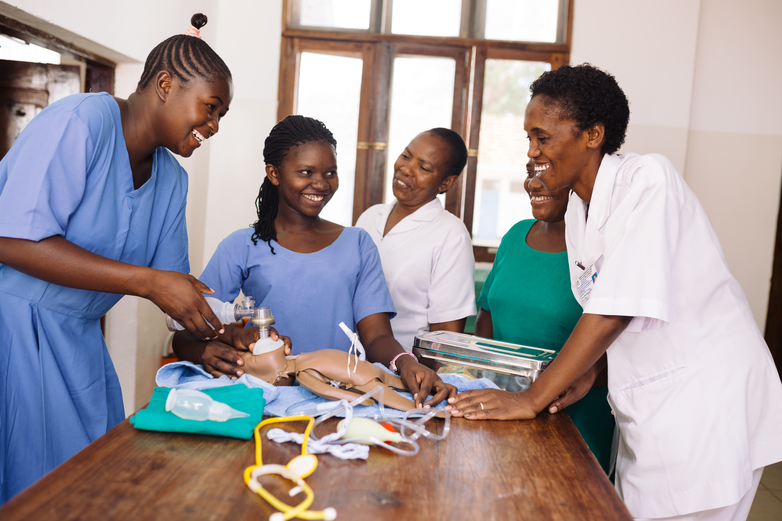
About the Research Team
- 1. Prof. Gerry McGivern - Principal Investigator | University of Warwick, UK
- 2. Dr Gloria Seruwagi - Co-Investigator & Ugandan Lead | Makerere University
- 3. Assoc. Prof. Peter Waiswa - Co-Investigator | MakSPH, Uganda
- 4. Dr Frank Wafula - Co-Investigator | Strathmore University, Kenya
- 5. Prof. Mike English - Co-Investigator | University of Oxford, UK
- 6. Dr Michael Gill - Co-Investigator | University of Oxford, UK
- 7. Dr Edwine Barasa - Co-Investigator | KEMRI Wellcome Trust, Kenya
- 8. Prof. Tina Kiefer - Co-Investigator | University of Warwick, UK
Project Contacts
1. Catherine Nakidde Project Administrator
2. Gloria Seruwagi, Uganda Lead (Co-PI)

